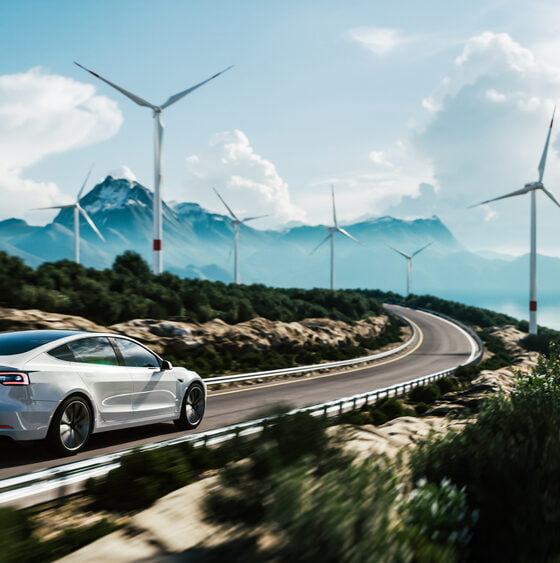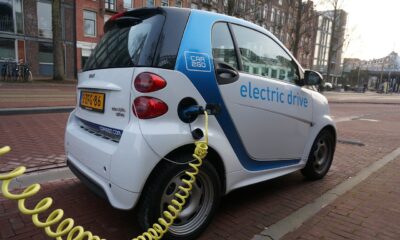

Energy
Electric Cars: Are They Worth The Switch?
The age of the electric vehicle (EV) is well and truly here, with the arrival of commercially-available EVs at competitive price points. This new automotive age is food for thought for today’s drivers, particularly with the rising cost of fossil fuels and the real-world impacts of climate change becoming more readily apparent. But taking all angles into account, is switching to an electric car worthwhile?
Environmental Benefits
One of the prevailing incentives to ‘go electric’ is the positive impact that such a switch would have on the environment. Electric cars are not carbon-neutral inventions by any means, but the greenhouse gas emissions for which they are responsible come in well below the pollution figures for fossil-fuelled vehicles. Personally, this could mean a significant reduction in household carbon footprint; extrapolated out across the country, this would have major impacts on national greenhouse gas pollution.
Fossil-fuelled vehicles are also responsible for more immediate, localised pollution, via the expulsion of carbon particulates alongside greenhouse gases. These have detrimental impacts on natural ecosystems and human health, with carbon and heavy metal pollution responsible for 9000 tonnes of particles annually.
Cost Savings
Electric cars are not merely beneficial on account of their environmental impacts, though. They can also be significantly cheaper to run than their petrol or diesel counterparts. The main savings come in the form of cost-per-mile where fuel is concerned. Electricity is far cheaper per mile than either petrol or diesel.
Upfront, electric cars generally cost more – owing largely to the technology involved in managing charge and vehicle sensors. Here, though, a long-term cost-saving opportunity emerges; For car owners wondering ‘is gap insurance worth it’, the answer is much clearer with regard to electric vehicles. Their higher upfront cost makes covering the purchase value a simpler decision, whereas write-offs are more likely through the simplicity of the car’s design.
Charging Infrastructure
We are still in relatively early days for the roll-out of electric vehicles, which means that charging and other EV infrastructure remain in its infancy. The number of publicly accessible charging points is incongruous with the number of EVs hitting the road, and the rate of installation is currently lagging behind the rate of increase for demand. However, investment and planning are underway to boost the roll-out of this infrastructure, and funding is available for EV owners to install private fast-charging stations on their property.
Practicality
EV technology has, technically, existed since the earliest days of automotive design. Some of the first-ever automobiles were powered by electricity until an oil boom saw internal combustion engine design take precedence. Since then, even with innovation and iteration in electric motor design, EVs have suffered with regard to range and power in comparison to fossil-fueled machines.
Electric vehicles (EVs) have made significant advancements in recent years, overcoming previous limitations. With improved battery technology, EVs now have operational ranges of over 300 miles and can rival traditional cars in terms of power and acceleration.





























